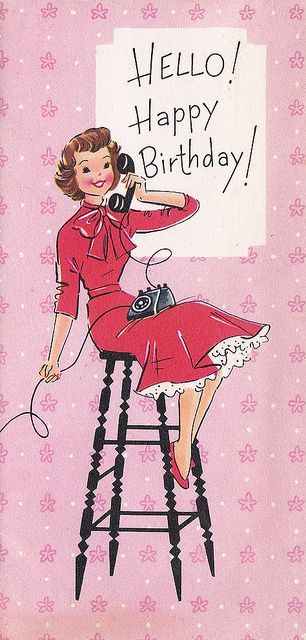Просмотр содержимого документа
«Урок английского языка "Формирование языковой компетенции на основе изученного лексического материала по теме «Школа». (Types of schools.)»
Тема: Формирование языковой компетенции на основе изученного лексического материала по теме «Школа». (Types of schools.)
Тип урока: урок систематизации и обобщения
Цель: Повторение и закрепление лексико-грамматического материала, пройденного по теме « School».
Задачи урока:
― Образовательные:
а) формировать лексический навык по теме «Школа»;
б) активизировать изученные речевые образцы;
в) совершенствовать навыки чтения с извлечением искомой информации.
― Развивающие:
а) развитие иноязычной языковой компетенции (способность учащихся использовать полученную информацию в различных ситуациях);
б) развитие кругозора учащихся в области страноведения по теме «История Великобритании»;
в) активизировать и развивать умения монологической речи.
― Воспитательные:
а) способствовать развитию интереса к историческому прошлому англо-говорящих стран;
б) воспитывать уважительное отношение к стране изучаемого языка.
Оборудование: мультимедийные средства: ноутбук, проектор; карточки, портреты, видеоматериалы.
Ход урока:
| Этап урока | Деятельность учителя | Деятельность обучающихся | УУД |
Организационный момент.
| Учитель приветствует детей. Настраивает на рабочий лад. Good morning, children. Glad to see you. You may take your seats.
| Ученики приветствуют учителя. Good morning, teacher. Glad to see you too. |
|
Постановка проблемы
| I offer you to watch the advertisement. Think over how to answer these questions. Is it popular school (college)? Who can study at school? Name the famous person who could study there. (Princes, Prime minister) (video)
| Обучающиеся смотрят видео, отвечают на вопросы. |
|
Актуализация знаний Аудирование
| Listen to the record and choose the right variant to fill in the gaps.
|
|
|
Активизация лексического материала.
| As you know there are different types of schools. Look at the blackboard and match the kinds of schools and their descriptions.
|
|
|
Обобщение и систематизация знаний 1. Говорение. | Now I ‘ll give you cards, where you can find the rules at school. Choose any side and speak about it. Open your textbooks, add more rules, use ex.92 at p.83.
|
|
|
Применение знаний и умений в новой ситуации | You have the texts, read them, and make the notes, using the text. Then you should finish the sentences with right words. Pay your attention to that fact that text is about 19th century (Victorian epoch) this is a portrait of Queen Victoria. (приложение 1). Let’s read the first paragraph.
|
|
|
Контроль | You’ve read the text about children’s lives in the past. And at home you read about modern ways of punishment at p. 82, ex. 85. You should make up 4 sentences, comparing
|
|
|
Итог урока. Рефлексия.Домашнее задание.
| Take these lollipops. Each has two sides. On the first I know (write down what was new for you) and on another side draw or write your mood| emotions after the lesson. And I put you the following marks.
|
|
|
Listen to the record and choose the true sentences:
Nina
She is seven.
T

Her father always takes her to school.

Nina hates her school.

Sport and games are important for Nina.
 Boris
Boris

He goes to primary school.

He is a fifth-former.

He has one teacher.
He likes French at school.
 Mike
Mike

He is older than Boris.

He has a lot of subjects at school.

He dreams of travelling.
In winter Mike goes to the park to skate.
 Helen
Helen

Helen has a lot of free time.

She is in the 9th form.

She is a university student.
She hates working on the computer.
Boarding school / private school /state school /co-educational school/ specialist school
A school for boys and girls
A school you usually pay money to go to
A school students come to for a particular reason (e.g . to become actors)
A school owned by the government (prime minister, parliament)
A school which students live in during the school term
Must
Pupils
Mustn’t
| Come on time, stand up when the teacher comes in, be quiet during the break, have a lot of tests, do their homeworks | Wear any clothes and colours, bring mobile phones, leave a lesson when they want, wear unclean boots and shoes, eat whenever they are hungry |
| School should |
| Give a good education, give free education, have a good stadium and a good gym for sports, teach subjects important for life, be situated near the place where pupils live, have a lot computers and the Internet, give its pupils free lunches, teach different foreign languages, teach dancing and singing, send pupils on school trips abroad and in the country. |
| Text |
|
| Chimney sweeps – трубочисты Cotton factories – фабрики по производству хлопка Thread – нить Truck – тележка Coal mines – угольные шахты Tunnel – туннель | Orphans – children who have no parents Fix – repair Cruel – very angry Wages – money for work |
|
|
|

























